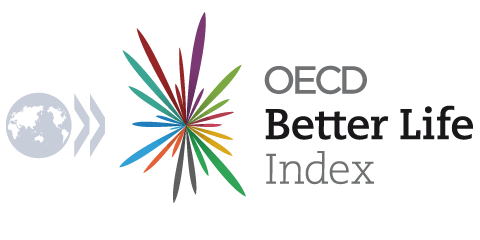Private bodies
By Sue Kendall-Bilicki, OECD
It’s official, you own your own body! Hardly news, you may think, but it took a US Supreme Court ruling this week to determine once and for all that a human gene cannot be patented. The ruling has been hailed particularly as great news for women, since the gene at the heart of the case is linked to hereditary breast and ovarian cancer risk, and many are predicting that it will bring down the cost of preventive tests, making them accessible to more people.
The gene patent case also serves as a reminder that in order to deliver top level healthcare and for medical research to deliver needed remedies and diagnostic tests, we need to know how healthy people are, what health risks they are facing, and how widespread particular medical problems are.
And for that, researchers and policy makers need personal information about all of us – and that is where it gets tricky. Information about our health is something we regard as private and which we may not even want to share with our nearest and dearest. But at the same time, it can be very much to our advantage if health professionals can access that information. If you are allergic to peanuts or penicillin, you might be glad that when you are admitted to hospital unconscious after fainting in a store, doctors can access your medical records and find that information. But you do not want the clinic receptionist, your employer or your neighbours to know what treatment you are on, or what is wrong with you.
The interest that the case has attracted around the world is a reminder that our health, and healthcare, are of major concern to all of us and a major contributor to our wellbeing. Health spending accounts for 9.5% of GDP on average in OECD countries and is one of the highest ranked elements in the Better Life Index, just behind the top-ranked Life Satisfaction.
But how do we tread that thin line between privacy protection and useful information that will help improve our health? And how do we ensure that we can trust the system to protect our privacy and improve our healthcare? OECD work on health information infrastructure looks at how governments can protect patient privacy, while being able to collect the health care data that are critical to the statistics and research that can improve the quality of healthcare and improve health.
To take a simple example: we only know that rising obesity levels are a problem in OECD countries because people were weighed and the data pulled together. But there is a big gap between knowing that our own personal spare tyre is in there somewhere to seeing our name and weight on a poster at the local bus stop.


Comentarios